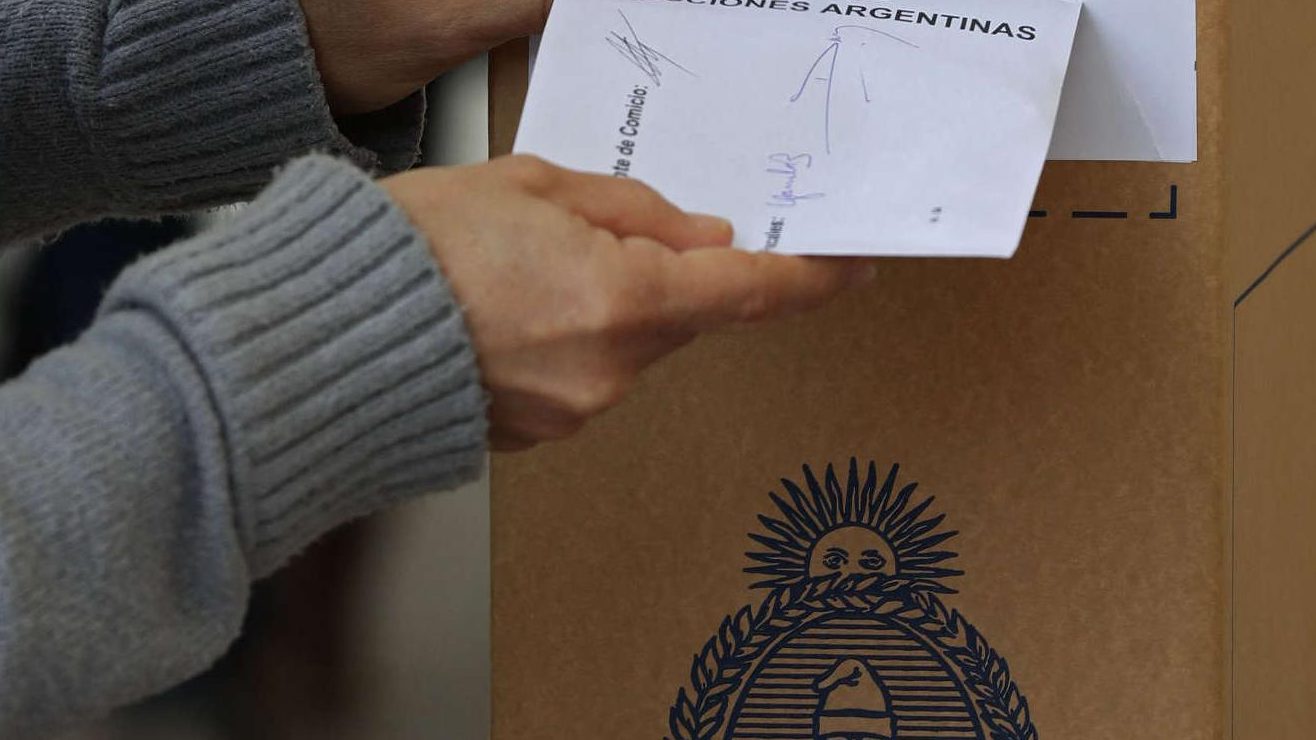The analysis of Marcelo Longobardi 2:19
(CNN Spanish) -
This Sunday, November 14, the general intermediate elections are held in Argentina.
In these elections, Argentines must elect the candidates to renew 127 of the 257 seats in the Chamber of Deputies and 24 of the 54 seats in the Chamber of Senators.
Previously, on September 12, the Simultaneous and Compulsory Open Primaries (PASO) were held, a first stage of the election, in which each party presented different candidates for the positions.
In that instance, the citizens defined with their vote which of all those candidates should be the candidate chosen for the general election, which is the second stage of the process.
This year, the electoral roll registers 34,332,992 people qualified to vote, according to the Ministry of the Interior.
advertising
What is Peronism?
We explain to you in a minute 1:20
According to the National Electoral Directorate, the original budget allocated for the 2021 elections is equivalent to some US $ 172 million for the organization of the primaries and national elections.
However, postponed by the pandemic and with a differential organization to implement protocols to avoid contagion by covid-19, the national Executive increased the budget, which reached about US $ 184 million.
How the outcome of these elections can impact
The PASOs had an adverse outcome for the ruling Frente de Todos party, which fell in most provinces, including the largest.
If the results of the primaries are repeated, it would be the first time since the return to democracy in 1983 that Peronism would lose a majority in the Senate.
Eight provinces elect 24 senators in these elections.
Two for the majority and one for the first minority in each district.
The Frente de Todos puts into play 15 of the 41 seats it has, and Juntos por el Cambio, 9 of the 25 it has.
In the primaries, the ruling party was less voted than the opposition in six of those provinces.
If this result is repeated, the block of the Frente de Todos will be reduced from 41 to 35 senators as of December, two fewer than those necessary to dominate the upper house or pass laws without the need to negotiate with the opposition.
What is being renewed in the Argentine Senate?
3:11
In any case, if these results are confirmed, President Alberto Fernández would be in better conditions than Mauricio Macri had after the 2017 midterm elections. Fernández would have 11 senators and 9 more deputies than former President Macri had.
The main opposition coalition, Together for Change, launched a campaign to try to break the historic Peronist dominance of the upper house.
On the other hand, the Chamber of Deputies renews with these elections 127 of its 257 seats.
Unlike the senators, who represent the provinces, the deputies represent the Argentine people.
They have four-year terms and are elected through a proportional representation system in the 24 districts into which the country is divided.
Elections: what is renewed in the Chamber of Deputies?
3:26
The lower house is currently chaired by Sergio Massa, an ally of the ruling party.
The ruling party has 120 seats, that is, it lacks 9 votes to have its own quorum.
In these elections, the ruling Frente de Todos renews 51 seats.
Meanwhile, Together for Change has 115 seats and renews 60.
The relationship of forces that results from these elections will be transcendental for the power of action of the current government.
With information from Iván Pérez Sarmenti, Nacho Girón and Betiana Fernández Martino
Elections in Argentina

